Shakespeare Resource
What's in a Word?
October/04/2018 10:20

This is an absolutely fascinating story out of China. The Chinese government is cracking down on the incorrect use of standard words in the Chinese language — what we might term "wordplay". The putative cause is the potential for "cultural and linguistic chaos". Some observers see something darker, an attempt perhaps to limit political dissent through the clever use of language and puns. Shakespeare would be red in the face, had he read such things….
What's In A Picture?
May/21/2018 16:28

The most famous — and only — more or less true to life portrait of William Shakespeare is the so-called Chandos Portrait (above.) It has immortalized the now iconic balding pate, earring, and flowing hair and beard. The portrait itself has a fascinating history, but this article talks about the future restoration of the picture, and what the art restorers dare — and do not dare — do, to bring it back to its original glory. Well worth a read!
Selfie Taught
April/30/2018 18:16
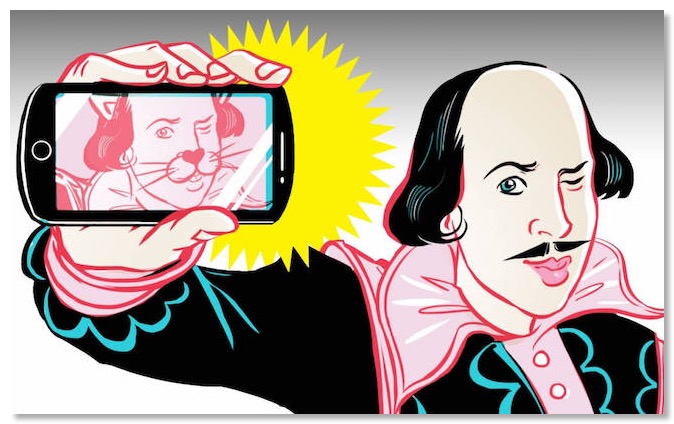
The Canadian Broadcasting Corporation just closed submissions for its Shakespeare writing contest entitled the Selfie Student Writing Challenge, a simple idea where students are asked to write a soliloquy or monologue in Shakespearean style of up to 400 words, on some modern subject or pop culture issue. It may be simple, but it's clever too, and perhaps worth putting into your school's curriculum…
Unsex Me Here
April/02/2018 18:26
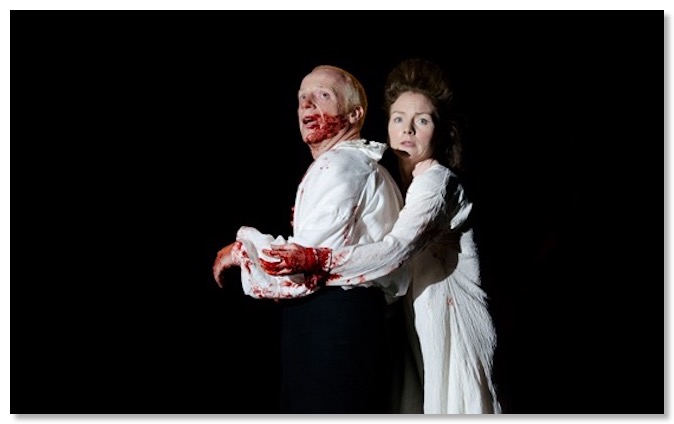
David Crystal, noted linguist and father of the excellent Ben Crystal, lays out in great and fascinating detail the words and phrases that Shakespeare brought to life in Macbeth. That one man could produce (and have adopted into the vernacular) so many great and powerful words and phrases in just one play, is simply astonishing. For teachers helping students grapple with Shakespeare's language, this really is a wonderful article.
Shakespeare's Education
April/02/2018 18:11
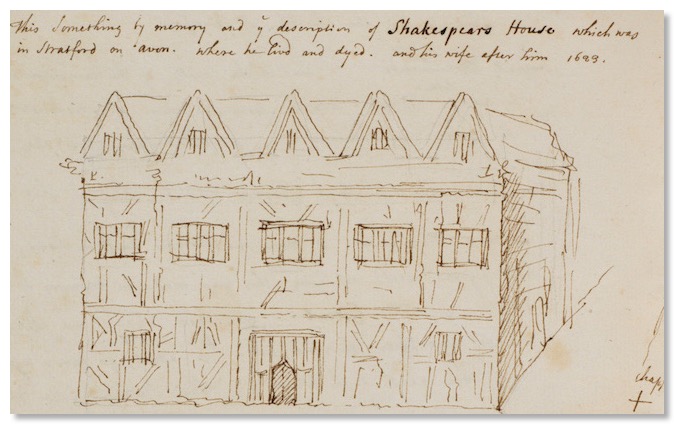
Just as many students today must read Shakespeare at school, so of course at one time, Shakespeare had to attend school, and read the notes and play writes of that era. This brief but detailed article by noted English actor Simon Callow nicely outlines the educational world and childhood Shakespeare likely experienced. And the schooling did not seem either easy, or particularly broad, as he notes in this passages: "They didn’t study history, they didn’t study mathematics, they didn’t study geography, they didn’t study science. They studied grammar, from dawn to dusk, six days a week, all the year round. Grammar – Latin grammar. They translated from Latin into English and from English into Latin. At school, ordinary conversation was in Latin; any boy caught speaking English was flogged. And they mastered the tropes of rhetoric, from antimetabole (where words are repeated in inverse order) to zeugma (where one verb looks after two nouns)."
Star Wars Shakespeare Parody Series to Continue
March/28/2018 15:05

Ian Doescher scored quite a hit several years ago by creating a Elizabethan parody of the Star Wars films (more or less every title tacking "etc" to the end of a word or two and giving it a Shakespearean language veneer). With six tomes under his belt, the next in the series is due out July 7, as announced by Star Wars website. Whatever its limitations in terms of introducing readers to Shakespeare's language, it does certainly convey the rhythm and affect of Shakespeare's work, and can surely only help for students who struggle to understand his language.
The Power of an Image
March/24/2018 18:18
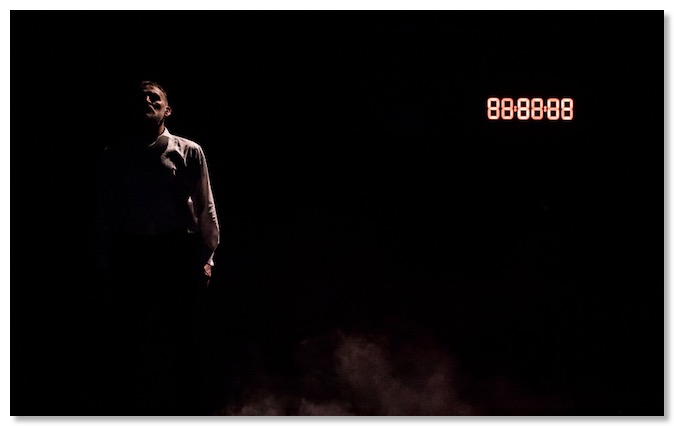
Class discussion can often be made more dynamic and energetic by using images from different productions, or even images from a single production. This link to the Royal Shakespeare Company's image gallery of its current production of Macbeth is such a resource. Some questions teachers might ask include (but are definitely not limited to): What does the costuming tell you about the production? Is the blood displayed indicative of a restrained, or hyperbolic production? What modern visual concepts does the director use, and why might he have used them? What ideas might you take from these production images if you were putting on the play? Can you guess the various characters from the way they look?
The Winter's Tale
March/19/2018 13:15
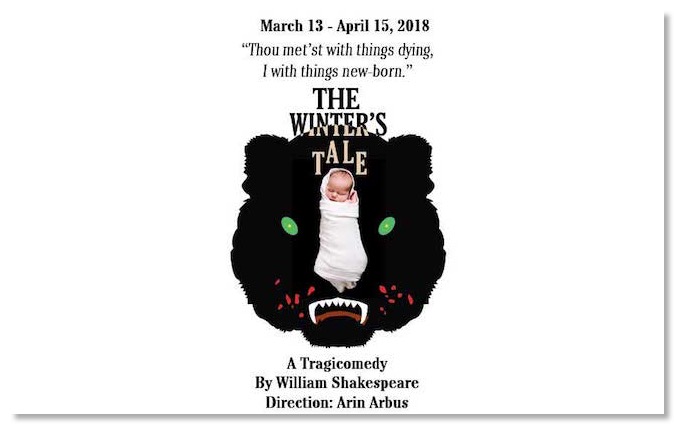
The Winter's Tale, though of one Shakespeare's more obscure and less performed plays, also claims the dubious honor of "the gaudiest stage direction" in the canon: "Exit, pursued by bear". That's a pity, because the play is memorable for more than just that - for example, the bringing back to life of a dead character through the animation of a statue. The play is also sometimes characterized as one of Shakespeare's "problem plays", that is a play whose type is hard to categorize. It starts off as a dark drama filled with jealousy, fear, recrimination, and child abandonment, and yet works it's way into a "happily ever after" ending. Tragicomedy? Whatever the type, director Arin Arbus with the Theater for a New Audience, has put up an enjoyable version of the play, and well worth seeing if you are in Brooklyn and have an evening to spare!
Is This a Stick Figure I See Before Me?
March/15/2018 09:45
Shakespeare: profound, far reaching, capable of the deepest insights into the human soul, etc. So how could stick figure cartoons possibly capture even the smallest part of his oeuvre? Well, Good Tickle Brain somehow manages to do this, and more. For young students, this may possibly provide a helpful first step. Adults too, for that matter.
Speak the Speech...
February/26/2018 08:09
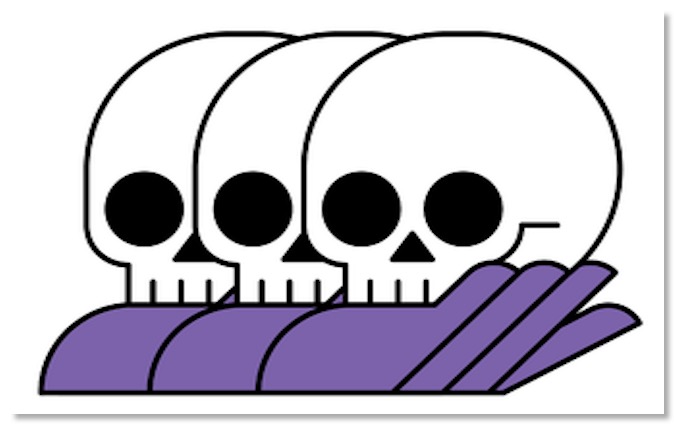 The Royal Shakespeare provides many valuable educational resources. Here, Jacqui O'Hanlon, Director of the RSC's Education outreach group, provides some tips on how to memorize Shakespearean verse. Useful.
The Royal Shakespeare provides many valuable educational resources. Here, Jacqui O'Hanlon, Director of the RSC's Education outreach group, provides some tips on how to memorize Shakespearean verse. Useful.What's in a Production?
February/21/2018 08:21
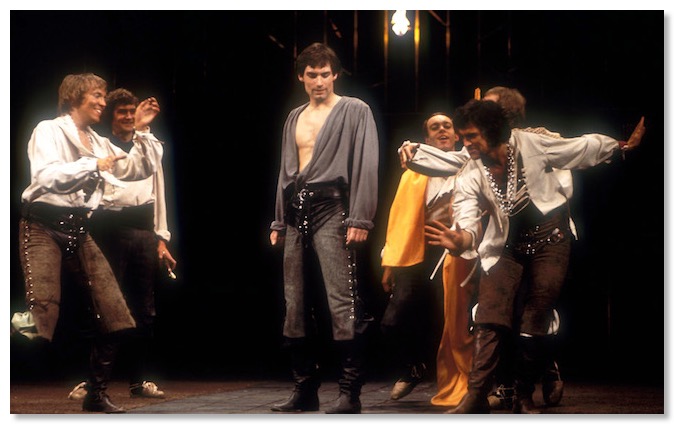
Between 1961 and 2010, The RSC put on sixteen different productions of Romeo and Juliet (including a 1973 production directed by Terry Hands, with Timothy Dalton as Romeo.) (Do they call him Montague…Romeo Montague?) The interactive timeline provides a great teaching resource, allowing teachers to compare and contrast different approaches to the same classic play.
Sounds About Right!
February/09/2018 08:36
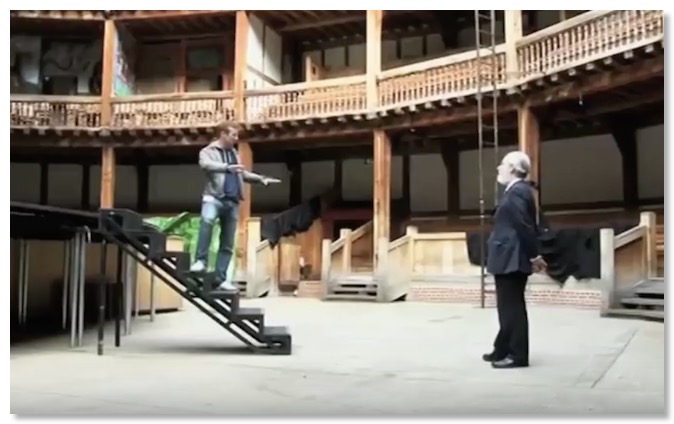
David and Ben Crystal provide a genuine service to Shakespeare lovers (and doubters too, really) by hypothesizing on what Shakespeare's language might have sounded like in its original pronunciation. In addition to being intrinsically interesting, it has an impact on performance, if actors and directors wish to provide an "original" production to their audience. Very worthwhile video clip.
From the Cutting Room Floor
February/07/2018 08:37
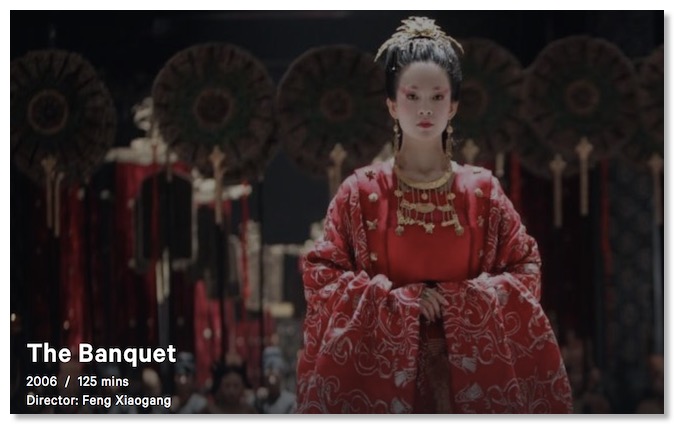
A great film resource for Shakespeare films from the British Film Institute. Some free, some rentals, and some available to members only, but the list is comprehensive, and well worth a visit if you're looking for old takes on the evergreen Shakespeare canon.
New Digitized Facsimile of 1623 First Folio Published by Bodmer Lab
February/01/2018 10:15
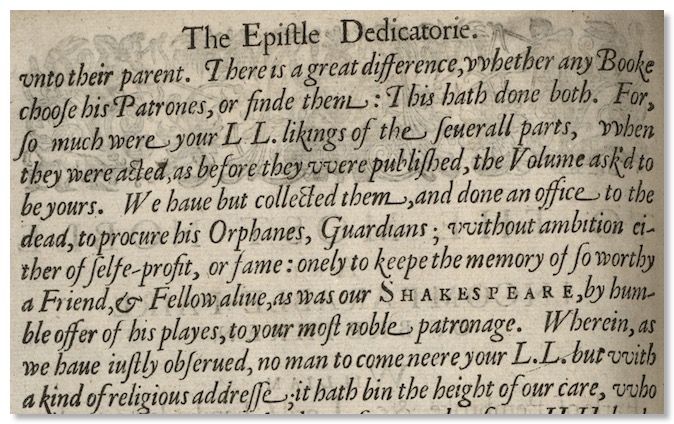
Geneva's Bodmer Lab has made available to the public a full high resolution digital copy of a 1623 First Folio. Pictured above is a part of the dedication of the volume by Heminges and Condell to their patrons, William, Earl of Pembroke, and his brother Philip, Earl of Montgomery. A tremendous asset to scholars, teachers, and students, but note, the text of the web site is in French.
Permission Granted
January/26/2018 10:11
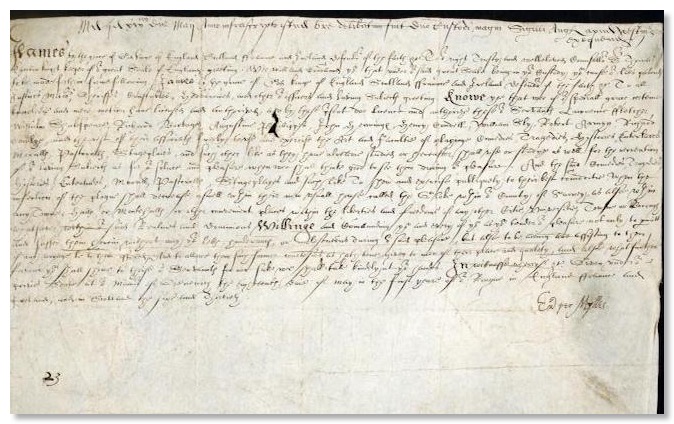
The original document used to announce King James I's granting of a royal warrant to Shakespeare's acting troupe, changing their name from The Lord Chamberlain's Men to The King's Men, and permitting them to perform "Comedies, Tragedies, Histories, Enterludes, Moralles, Pastoralles, Stageplayes". Read and see high quality digital scans of the warrant.